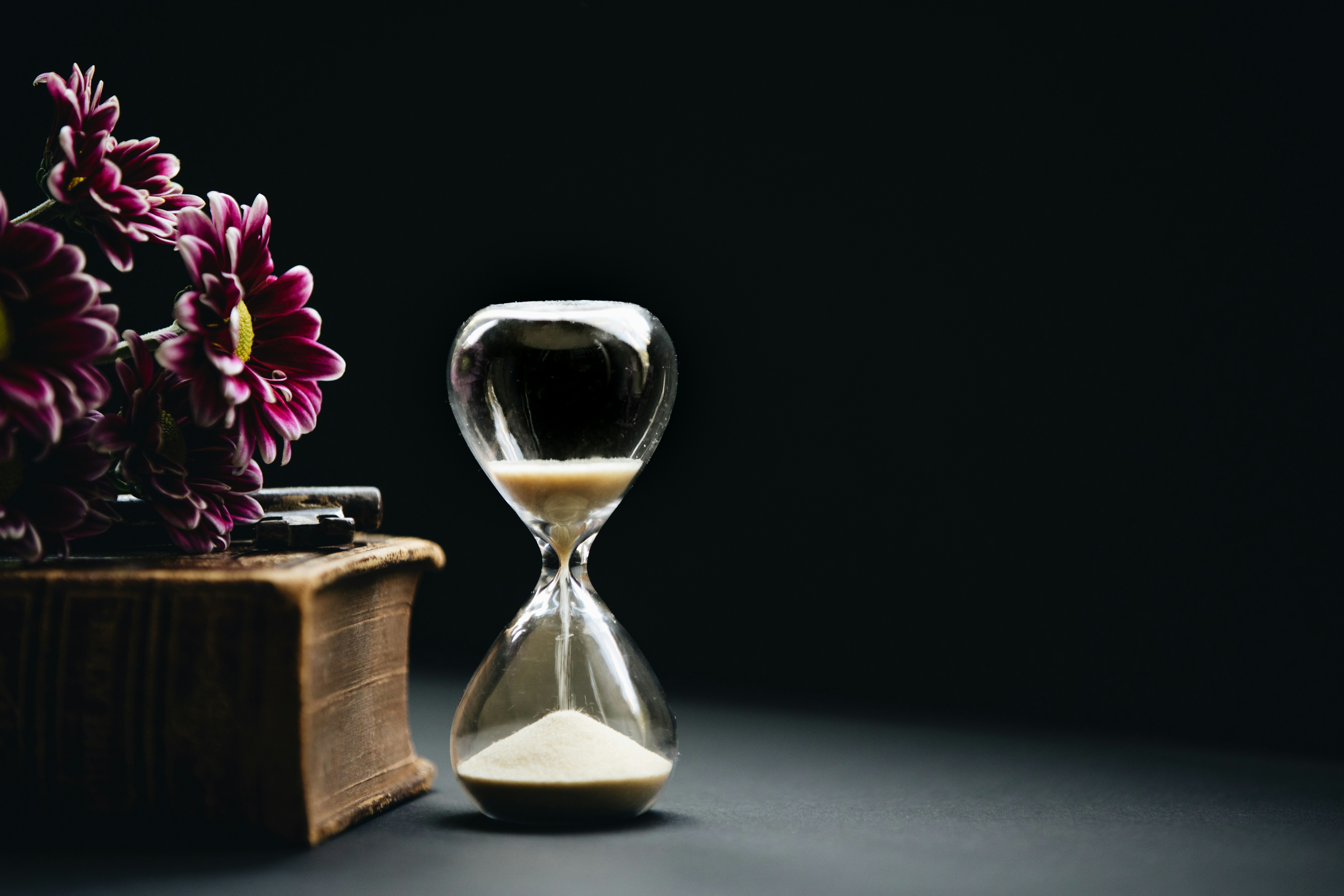The human body grows from a cell that is barely visible to the unaided eye. Although a tiny speck on everyday scales, this cell is far larger than most and holds the potential to become another startling example of Life in human form. Another poet or scientist, another personality arises from such beginnings.
An interesting book about fetal development is Life Unfolding: How the Human Body Creates Itself, by University of Edinburgh professor Jamie R. Davies. I bring it up because of one principle that recurs over and over: as the initial fertilized egg divides into many cells, and as those cells change and move, they follow local signals. They don’t obey some large-scale blueprint that spells out a final bodily form; rather, each cell assesses the messages it receives from its neighbors and responds accordingly, moment-by-moment. In other words, the cells make their decisions according to present circumstances, not future plans.
This principle is active throughout Life on earth. Even our house pets respond–in the main–to current conditions. If they feel hungry, they act affectionately or demanding, according to the intensity of their need and what they’ve learned about attracting our attention. They don’t begin vying for food because they know they’ll be hungry in an hour; they wait until hunger arises.
Only humans seem to act on the basis of anticipated need rather than current sensation. Everything else in the world of life waits until circumstances demand action. Of course, we can think of examples that look like planning. The squirrel caches nuts as winter approaches, for instance. But the squirrel is most likely responding to an inbuilt sensation that announces: now is the time to gather acorns; as far as we know, it doesn’t imagine the coming winter and plan for it.
Planning isn’t a bad idea, but it isn’t necessary nearly so often as we think. If—long ago—a single cell grew into our beloved friend without planning, we could probably walk across a parking lot with a lot less of it. We could simply live, moment-by-moment, responding as needs arise.
This is the goal of mindfulness. MindfulBiology focuses on using biological understanding to inform meditative practice, and this principle from embryology offers a useful guide. We can respond to present situations without getting lost in the imagined past or future. We can live as Life does, flowing with the times, flexibly adapting as circumstances change. We can let go our flimsy raft of opinions, hopes, and fears. We can FEEL more alive as we LIVE in this fluid moment of time.

